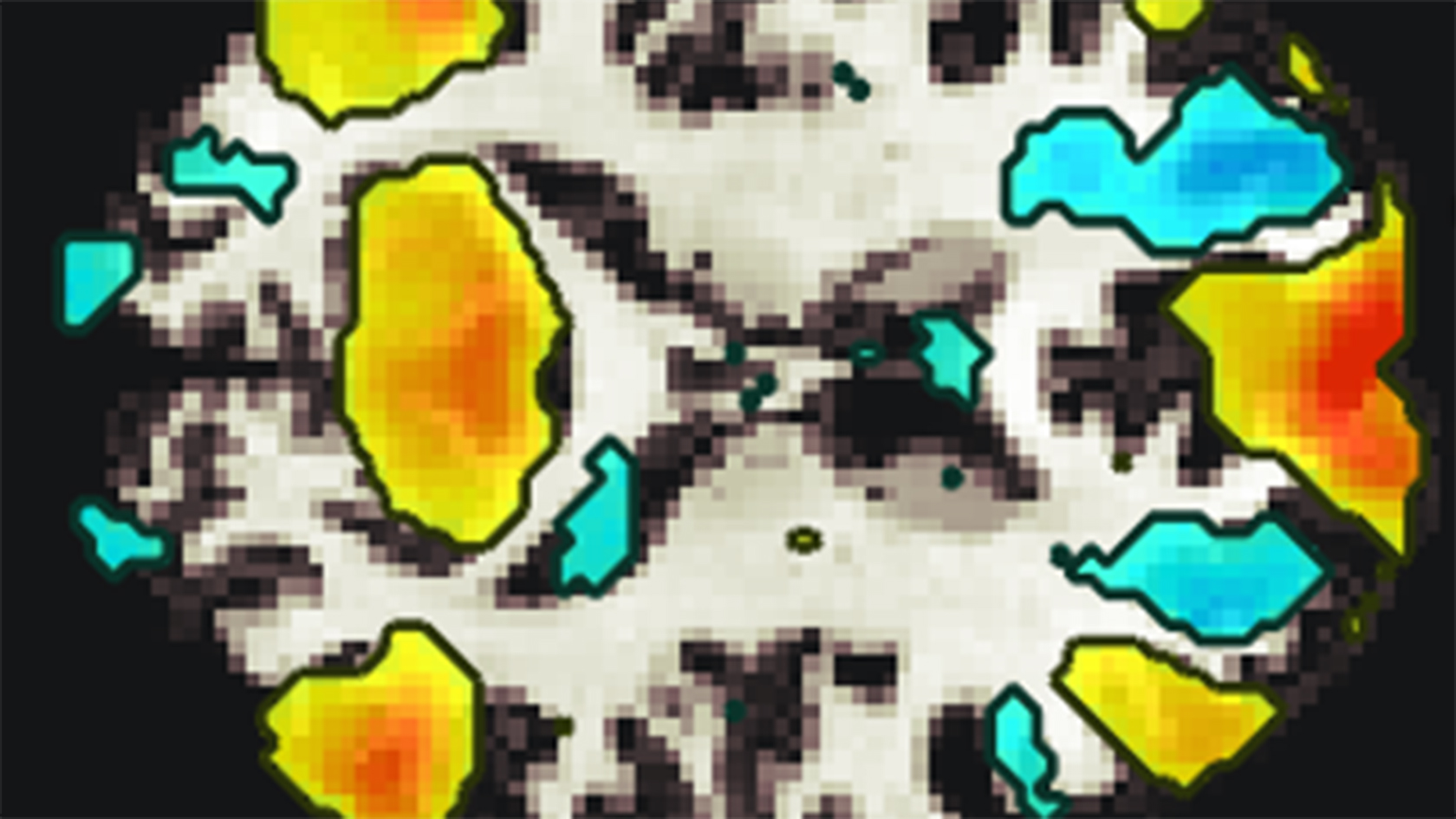Three-Million-Euro Grant for Psychiatry

Psychotic illnesses such as schizophrenia and bipolar disorder affect around three percent of the population. These illnesses are very distressing for those affected, and symptoms may include delusions, hallucinations and disorganized thinking. The new project will focus on problems with thinking and speaking, explains Philipp Homan, assistant professor of clinical psychiatry at UZH and deputy director of the University Hospital of Psychiatry Zurich (PUK).
Using speech analyses and imaging methods, the clinical researchers will search for predictive markers of patients’ conditions with the aim of better understanding and predicting relapses. The European Research Council (ERC) has awarded the four partners from Groningen, Barcelona, Tromsø and Zurich a Synergy Grant of around 10 million euros to pursue the research. About 3.3 million of the total funding is assigned to the University of Zurich.
Recognizing signals in speech
The eminent Zurich psychiatrist Eugen Bleuler (1857–1939) already described a characteristic loosening of associations in the thought processes of schizophrenia patients. While it is still not yet possible to directly observe the process of thinking, analyzing speech can give us some clues. “Put simply, how a person talks can give us insight into how they think,” says Homan. In people with psychotic disorders, their conversation often jumps from one thing to another quite suddenly, and what they say may be incoherent or disjointed.
The degree of speech abnormality varies with the severity of the disorder. The new ERC project called DELTA-LANG will analyze participants’ speech disturbances using language models based on artificial intelligence. The aim is to detect even subtle semantic incoherences and to develop a detailed index for speech disturbances and the thought processes behind them, says Homan.

With the closely timed speech analyses and brain imaging, our aim is to develop an index of the transitions between the different phases of a psychotic disorder.
In parallel, the researchers will use imaging methods to measure patients' brain activity in order to find possible links between the speech-disturbance index and the neurobiology of the brain. These analyses are expected to shed light on how well or poorly the brain networks involved in psychoses are coordinated. This is a point of interest because there is some evidence that the large brain networks no longer interact efficiently in cases of psychosis.
The researchers plan to develop an index here too, to obtain information about the severity of psychotic states. They will carry out regular measurements with the study participants. This will be done both during phases of severe symptomatology as well as during remission phases when no or only mild symptoms are present, in order to obtain data that are as meaningful as possible. The plan is to have a relatively small group of study participants and to record the course of their psychoses with frequent measurements.
“With the closely timed speech analyses and brain imaging, our aim is to develop an index of the transitions between the different phases of a psychotic disorder,” says Homan. Psychotic disorders are divided into several phases, including acute, remission and relapse. If the research is successful, it could become possible to identify a relapse risk at an earlier stage. This would give physicians more time to adjust a patient’s treatment and in the best case, to prevent them from relapsing.
Such a successful outcome, however, is by no means guaranteed, says Philipp Homan: “We are deliberately focusing very strongly on the semantic aspect of speech – and that is a risky strategy to a certain extent.” It’s risky because it is not yet known whether or not speech disturbances will prove to be effective markers for transitions between the different phases of psychotic disorders . But it is precisely such “high-risk” projects with high potential that the ERC specifically calls for and funds, explains Homan.
Fourth partner in the ERC group
Even though Switzerland is not associated with the Horizon research program, UZH is still able to benefit from ERC funding from the European Research Council thanks to special rules for the Synergy Grants: of the maximum four partners in a project, one may be from a non-associated country. In total, the ERC is funding 37 projects through Synergy Grants in this round, with total funding amounting to 395 million euros.